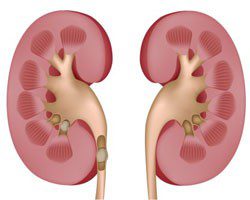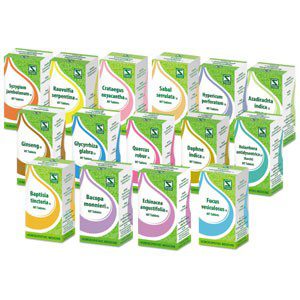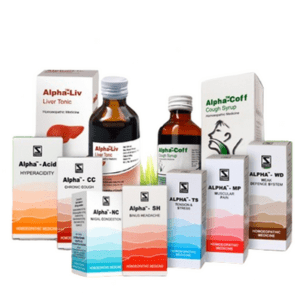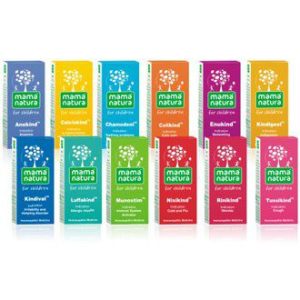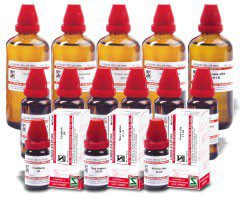Doctors Zone
Journal (JEBH)
Alpha™- Liv Drops
Alpha – Liv Drops Due to high demand from the market, for a formulation in drops for the liver, apart from the syrup already available in the market, Schwabe India developed this product. Introduction The liver plays a key role in metabolism. It has anabolic and catabolic, exocrine and endocrine functions. The liver is a blood reservoir, filter and store of different substances (e.g. glycogen, vitamins). It is the site of serum protein (e.g. albumin, prothrombin, fibrinogen) and enzyme synthesis. Metabolic processes (e.g. bilirubin, hormone, carbohydrate and lipid turnover) and the removal of toxic products are important liver functions. 1 Hepatotoxins (e.g. alcohol, tetracycline, acetaminophen, fungal toxins, and anabolic steroids) can cause specific damage to liver cells. Toxic hepatitis may be clinically silent or severe enough to lead to the rapid development of hepatic failure. Clinical features include hepatomegaly, enzyme abnormalities, fever, abdominal pain, anorexia, nausea, vomiting and weight loss. In patients with underlying cirrhosis, manifestations of portal hypertension may predominate. Aversion to fatty food, abdominal discomfort, nausea and vomiting after meals may be symptoms of 2 cholelithiasis. Jaundice results from accumulation of bilirubin. It has non-hepatic as well as hepatic causes. Hyperbilirubinaemia may be due to abnormalities in the 3 formation, transport, metabolism or excretion of bilirubin. TM Alpha -Liv Drops aids recovery and normalisation of liver functions. Severe liver disease needs specialised treatment. Indications: Slow liver functions, fatty liver, and for supportive treatment of hepatocellular jaundice and toxic liver damage.

Crocus sativus in depression – Schwabe News Apr – Dec 2019 – Schwabe India
Crocus sativus in depression
Side effects of antidepressants pushed many researchers toward alternative psychopharmacology. Crocus sativus is used in homoeopathy for many psychological illnesses. It is increasingly popular in Indian medicine for the treatment of major depressive disorder (MDD). A meta-analysis was conducted to find effects of saffron supplementation on symptoms of depression among participants with MDD. For the analysis, electronic and non-electronic searches to identify all relevant randomized, double-blind controlled trials were done. The criteria for study selection included (1) adults (aged 18 and older) with symptoms of depression, (2) randomized controlled trial, (3) effects of saffron supplementation on depressive symptoms examined, and (4) study had either a placebo control or antidepressant comparison group. Using random effects modeling procedures, the researchers calculated weighted mean effect sizes separately for the saffron supplementation vs placebo control groups, and for the saffron supplementation vs antidepressant groups. The methodological quality of all studies was assessed using the Jadad score. The computer software Comprehensive Meta-analysis 2 was used to analyze the data.
Reference:
Hausenblas HA, Saha D, Dubyak PJ, Anton SD, Saffron (Crocus sativus L.) and major depressive disorder: a meta-analysis of randomized clinical trials. J Integr Med. 2013 Nov;11(6):377-83. doi: 10.3736/j integrmed 2013056.
Disclaimer
The information provided herein is not intended to be taken as a replacement for medical advice and should not be used during any medical emergency. A Registered Medical Practitioner should be consulted for diagnosis and treatment of any and all medical conditions. Links to other sites are provided for information only and they do not constitute endorsements of those other sites.
Recent Advancements in Basic Homeopathic Research – A Report on Two Significant Publication
In a study conducted at the Experimental Farm of the State University of Santa Catarina, Brazil, researchers investigated the impact of homeopathic treatments on piglets during the nursery phase. The study aimed to determine whether homeopathic agents could reduce fighting behavior, improve growth performance, and affect hematological, metabolic, and oxidative variables. The study included 108 weaned piglets divided into four groups: a negative control group receiving only the basal diet, and three groups receiving different homeopathic treatments at varying dosages.
Journal of Evidence Based Homeopathy Volume: 1, Issue: 1, January - June 2023
Comprehensive articles

Agrohomeopathy – A Review
Short cases

Unmasking the Intricacies: A Pyogenic Abscess Case Report

Lichen Simplex: A Singular Case Study

Ranula Unveiled: A Case Report and Management Approach

Lichen Simplex: A Singular Case Study

A Puzzling Presentation: A Case Report of Jaundice
Recent provings and updated materia medica

Acidum Formicum

Mygale

Thea Chinensis
Materia medica on phytohomeopathy

Chrysarobinum

Sanguinarinum nitricum

Thiosinaminum
Mother tincture

Asparagus Officinalis

Ginkgo Biloba

Rosmarinus Officinalis
Product watch

Alpha™- Liv Drops

Good Morning™ Constipation Drops

Zauber™ Hair Drops
Research News











